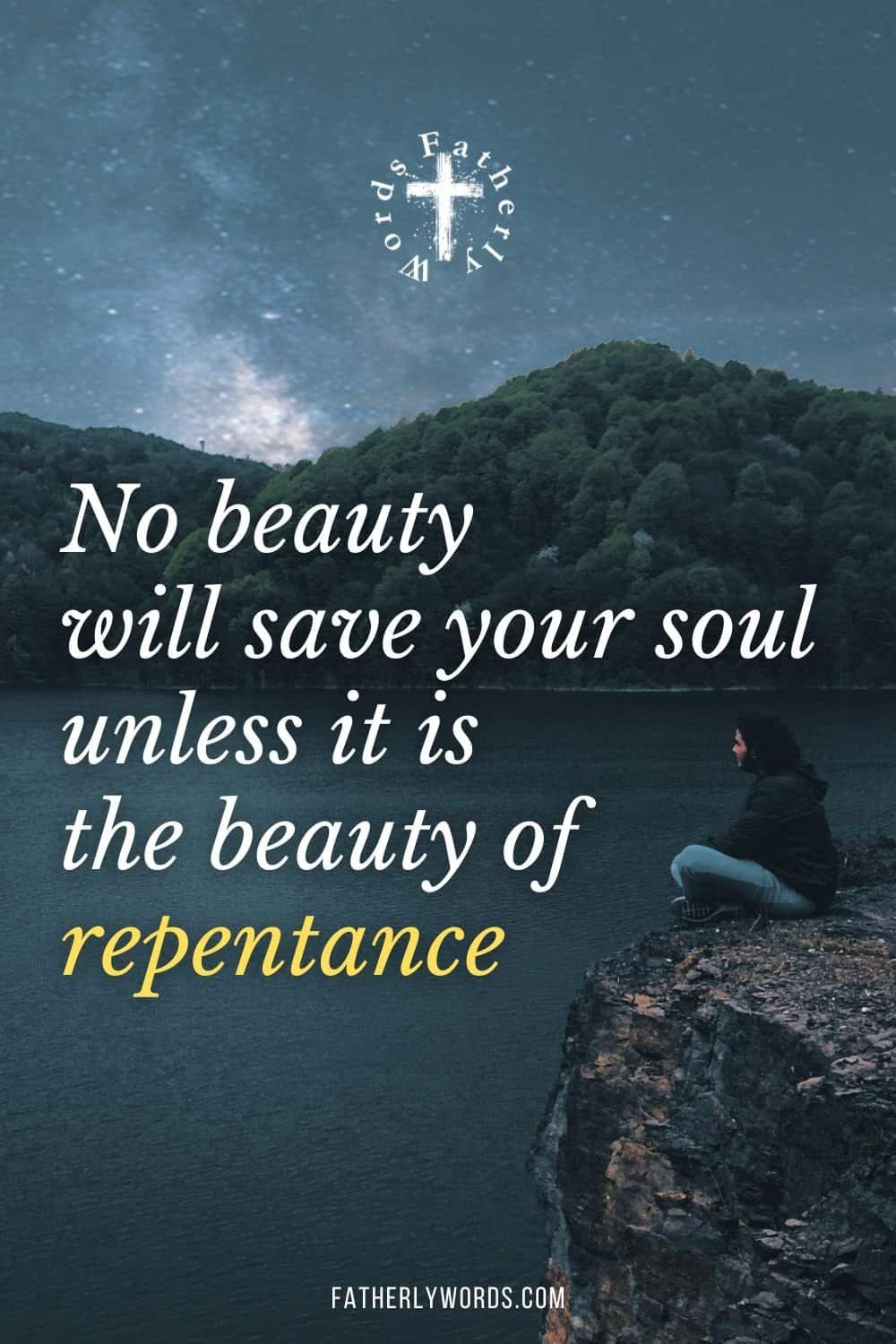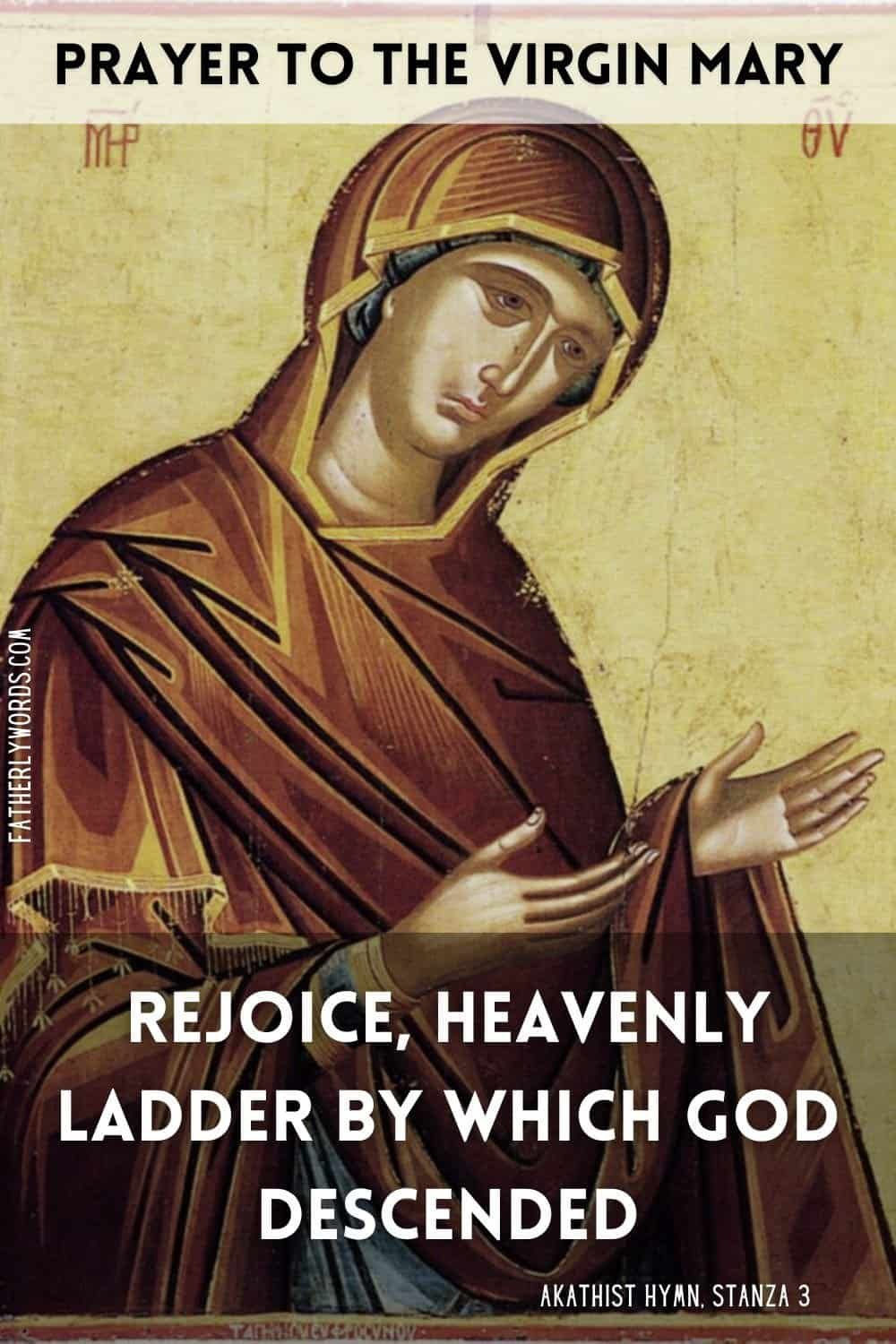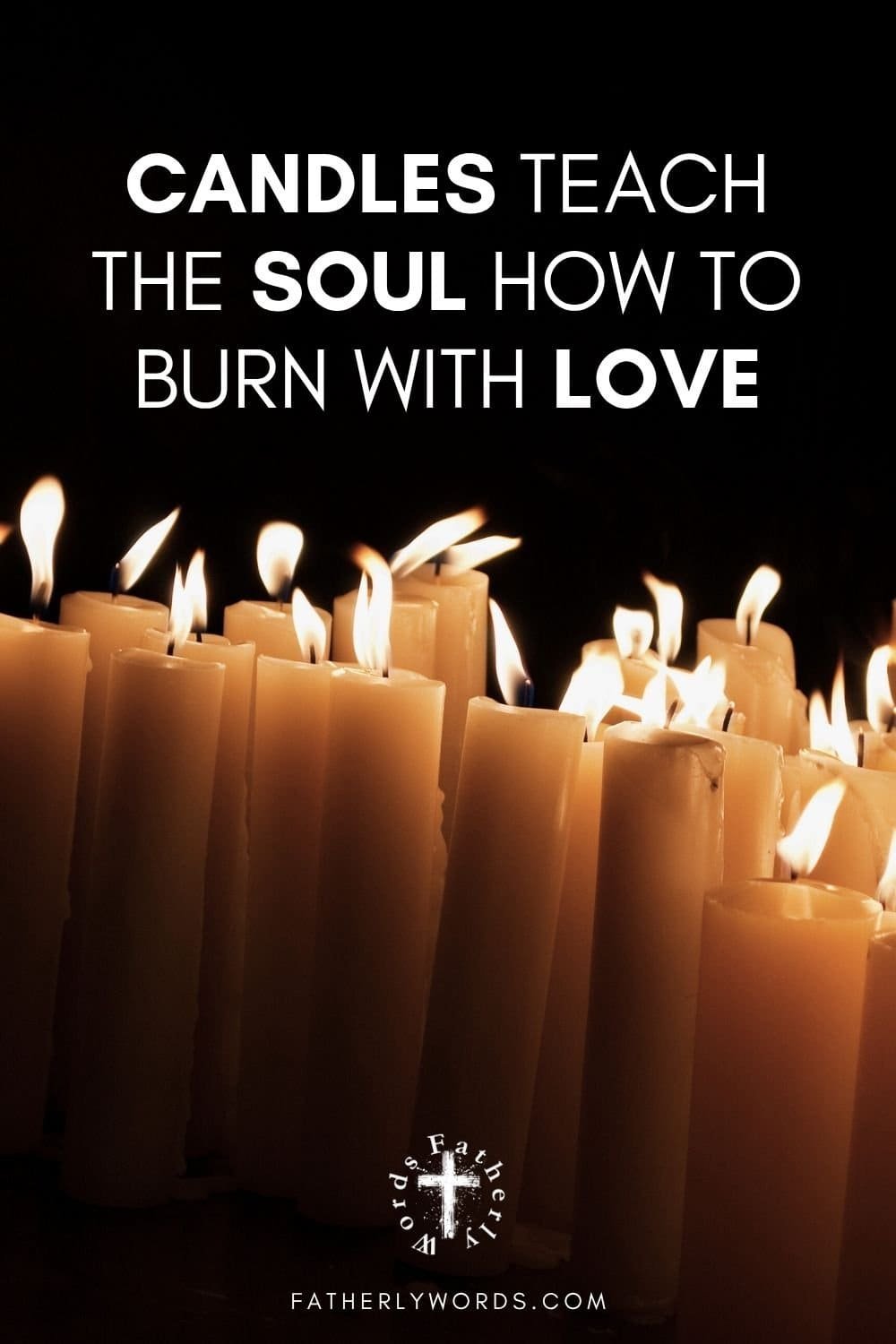The question of whether heaven and hell are already open has troubled and intrigued believers for centuries. Many imagine that after death the soul immediately enters the fullness of its eternal reward or punishment.
Yet Orthodox Christianity, guided by the Holy Scriptures and the teachings of the Holy Fathers, speaks more precisely and more soberly.
The Church teaches that neither the complete joy of heaven nor the complete suffering of hell has yet been revealed, because both await the Resurrection of the dead and the Final Judgment.
The state of the soul after death is real, conscious, and decisive, but it is only a foretaste of what will come. The fullness of either blessedness or torment will be given only when Christ returns in glory.
The Teaching Of Scripture About The Final Judgment
Holy Scripture speaks clearly of a future and universal judgment that will take place at the end of time. The Lord Jesus Christ Himself declared:
“The hour is coming, in which all that are in the graves shall hear His voice, and shall come forth; they that have done good unto the resurrection of life, and they that have done evil unto the resurrection of judgment.”
John 5:28–29
This resurrection is not symbolic. It is the reuniting of soul and body in a new state of existence. Then, and only then, will the human person receive the complete and eternal recompense for life on earth.
Saint Paul teaches the same truth:
“We must all appear before the judgment seat of Christ, that every one may receive the things done in his body, according to that he hath done, whether it be good or bad.”
2 Corinthians 5:10
Until that day, the righteous rest in joy and peace, while the unrepentant experience sorrow and darkness. But neither has yet entered the full reality of paradise or of hell.

The Intermediate State Of The Soul
The Fathers of the Church describe the period between a person’s death and the Final Judgment as an intermediate state. It is real and conscious, but temporary.
The soul continues to exist, aware of God’s light or of its own separation from Him, yet awaiting the final resurrection.
Saint John of Damascus teaches:
“The souls of the righteous are in the hand of God, and they rejoice in the hope of the resurrection. The souls of the wicked are in sorrow, awaiting the dreadful judgment.”
The Book of Wisdom echoes this:
“The souls of the righteous are in the hand of God, and no torment shall touch them.”
Wisdom 3:1
At the same time, the Psalms remind us that death introduces a condition different from the present life.
“In death there is none that remembereth Thee, and in Hades who shall give Thee thanks?”
Psalm 6:6, LXX
This verse does not deny consciousness after death but shows that earthly ways of worship cease, and the soul enters a new mode of existence.
The Parable Of The Rich Man And Lazarus
The Lord gave us a glimpse of this intermediate state through the parable of the rich man and Lazarus (Luke 16:19–31).
Lazarus, after his death, is carried by angels into Abraham’s bosom, a place of rest and comfort.
The rich man finds himself in torment, separated from Abraham by an unbridgeable chasm.
The Fathers interpret this as a description not of the final heaven and hell but of the current condition of the souls before the Judgment. Saint Cyril of Alexandria explains:
“Before the resurrection, the souls of men are detained in places fitting for them — of rest or of punishment — yet not receiving the final recompense.”
Thus, heaven and hell in their fullness are still to come, but their beginnings are already experienced by every soul according to its spiritual condition.
The Coming Resurrection
The Orthodox Church confesses in the Creed:
“I look for the resurrection of the dead, and the life of the age to come.”
This means that the true completion of human destiny lies in the reunion of soul and body.
Saint Irenaeus writes:
“As the body is part of man, it must also share in the reward; for if the soul alone were saved, then man would not be wholly saved.”
Until that resurrection, even the saints who dwell in light and joy await the full glory of the Kingdom. The Apostle Paul says:
“The whole creation groaneth and travaileth in pain together until now, waiting for the adoption, the redemption of our body.”
Romans 8:22–23
This teaching guards against spiritual confusion. The dead are not yet in the final heaven or final hell. They are in anticipation, already tasting joy or sorrow, but not yet receiving the perfect recompense of both soul and body.
Heaven And Hell As Conditions Of Relationship
Orthodox Christianity does not understand heaven and hell primarily as places, but as states of relationship with God. Heaven is communion with God in His light. Hell is separation from that light through lack of love and repentance.
Saint Isaac the Syrian says:
“Paradise is the love of God, wherein the delight of all the saints is found. And hell is the torment of love for those who have rejected it.”
This understanding makes clear that the essence of both states exists already in the soul’s relationship with God, yet the fullness will only be revealed after the resurrection.
The Light Of Christ: One Reality, Two Experiences
Saint Gregory Palamas explains that the uncreated light of Christ is the same reality for all. The righteous experience it as joy and glory, while the unrepentant experience it as fire and torment. “The same divine light that shines upon the saints,” he writes, “burns the unworthy.”
At the Second Coming, this light will fill all creation. There will be no neutral space. Every soul will behold Christ’s glory, and each will experience it according to its state.
For this reason, the Church prays constantly for repentance and purity, that the encounter with divine light may be for salvation and not for condemnation.

The Role Of The Saints And The Theotokos Before The Judgment
The saints already participate in the heavenly life, yet even they await the final resurrection.
The Theotokos, who has been glorified more than all, still awaits the resurrection of all creation, when her glory will be complete.
Saint John Chrysostom said:
“Even the martyrs await the crown that shall be given to all at once, when the Judge comes.”
Their intercession for us now shows the continuity between the Church on earth and the Church in heaven.
Though the final Kingdom has not yet come, the saints already dwell in God’s presence and assist us by their prayers.
The Fear And Hope Of The Last Judgment
The Last Judgment is not only fearsome but also full of hope. It is fearsome because it reveals all that is hidden, as the Lord said:
“There is nothing covered that shall not be revealed, neither hid that shall not be known.”
Luke 12:2
Yet it is full of hope because it completes God’s justice and mercy.
Saint Ephraim the Syrian wrote:
“The day of judgment is both dread and glorious: dread for the sinner, but for the righteous the day of joy.”
For Orthodox Christianity, the thought of judgment inspires repentance, humility, and love for God, not despair. It is the final revelation of truth of who we have become in relation to the Lord.
Differences Between The Modern World And Orthodox Christianity
- The modern world treats death as an end. Orthodox Christianity teaches that it is the beginning of eternal life.
- Many believe souls instantly enter their final reward or punishment. Orthodox Christianity teaches an intermediate state until the Final Judgment.
- The world sees heaven and hell as distant places. Orthodox Christianity understands them as conditions of relationship with God.
- The modern mind avoids judgment. Orthodox Christianity embraces it as the moment of divine truth and justice.

- Popular spirituality imagines reincarnation or endless cycles. Orthodox Christianity teaches one life, one death, and one judgment.
- Secular thought sees salvation as automatic. Orthodox Christianity insists on free will, repentance, and grace.
- The world expects equality in death. Orthodox Christianity reveals that the state of the soul depends on its love for God.
- The world’s concept of “rest in peace” is sentimental. Orthodox Christianity prays for souls because peace comes only in Christ.
The Church’s Prayer For The Departed
The Orthodox Church continually prays for the departed because their state, though determined in essence, can be lightened by divine mercy.
Saint Gregory the Dialogist said:
“The prayers of the Church, the holy offering of the Eucharist, and almsgiving benefit even the departed, for God accepts love as a bridge between the living and the dead.”
When we pray, “Give rest, O Lord, to the soul of Thy servant,” we express faith that God’s mercy is greater than human sin and that the departed rest in hope of the resurrection.
The Last Judgment Will Complete All Things
At the end of time, when Christ returns in glory, every soul will rise with its body. Then the righteous will enter the full joy of heaven, and the unrepentant will experience the full sorrow of hell.
Saint Paul describes this as the final transformation of creation:
“Then cometh the end, when He shall have delivered up the kingdom to God, even the Father; that God may be all in all.”
1 Corinthians 15:24–28
Saint Gregory of Nyssa beautifully adds:
“When every creature sees God face to face, the revelation will be joy for those who love Him and torment for those who hate Him.”
Until then, heaven and hell exist in anticipation, not completion.
The door is not closed, but neither is it yet fully open.
Living In The Expectation Of The Kingdom
Orthodox Christianity teaches that awareness of the coming Judgment must form our daily life. The believer lives in expectation, preparing to meet Christ not with fear but with love. Every act of repentance, mercy, and prayer is preparation for that meeting.
Saint John Climacus said:
“Keep the remembrance of death daily, and you will never sin.”
This remembrance is not despair but wisdom. It’s the constant awareness that all ends in the face of God.
The Church keeps this awareness alive in her prayers, her liturgy, and her feasts. The Sunday of the Last Judgment, before Great Lent, is one such reminder — a call to repentance before entering the season of purification.
The Hope Of Mercy
Orthodox Christianity never teaches despair in the face of judgment. Even at the last hour, repentance can bring light. The thief on the cross turned to Christ and was told:
“Today thou shalt be with Me in Paradise.”
Luke 23:43
Saint John Chrysostom said:
“One tear shed in true repentance is greater than all the treasures of the world.”
The Lord’s mercy is not exhausted. The purpose of judgment is to reveal truth and to complete salvation for those who desire God’s love.
Explaining This To Children
Parents can teach children about heaven and hell in simple words: “Heaven and hell are not yet fully open. When Jesus comes again, He will raise everyone and judge with love and truth. Those who love Him will live forever in His light, and those who reject His love will be sad without Him. This is why we pray, love others, and try to live kindly every day — so that our hearts are ready to see Jesus.”
Children can be reminded that Christ is both Judge and Friend, and that His judgment is not meant to frighten but to lead us toward goodness.